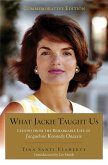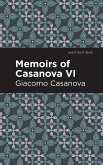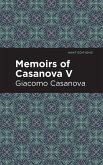Giacomo Casanova was born in Venice in 1725. His parents, both actors, wanted him to become a priest, but their hopes were dashed when, at sixteen, he was expelled from the seminary for immoral misconduct. Probably best-known for his reputation as a womanizer, Casanova was in turn a secretary, a soldier in the Venetian army, a preacher, an alchemist, a gambler, a violinist, a lottery director, and a spy. He translated Homer's Iliad into Italian and collaborated with Da Ponte on the libretto for Mozart's Don Giovanni. He retired in 1785 to the castle of a friend - Count Waldstein of Bohemia - in order to write his memoirs. Because every previous edition of Casonova's Memoirs had been abridged to suppress the author's political and religious views and tame his vivid, often racy, style, the literary world considered it a major event when Willard R. Trask's translation of the complete original text was published in six double volumes between 1966 and 1971. Trask's award-winning translation now appears in paperback for the first time.
Hinweis: Dieser Artikel kann nur an eine deutsche Lieferadresse ausgeliefert werden.
Hinweis: Dieser Artikel kann nur an eine deutsche Lieferadresse ausgeliefert werden.

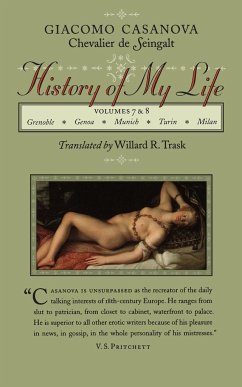
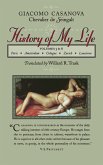
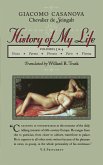
![Life of Jean Paul F. Richter, Compiled From Various Sources [By E.B. Lee], Together With His Autobiography, Tr. From the German [The Tr. Revised by W. Life of Jean Paul F. Richter, Compiled From Various Sources [By E.B. Lee], Together With His Autobiography, Tr. From the German [The Tr. Revised by W.](https://bilder.buecher.de/produkte/64/64481/64481133m.jpg)

